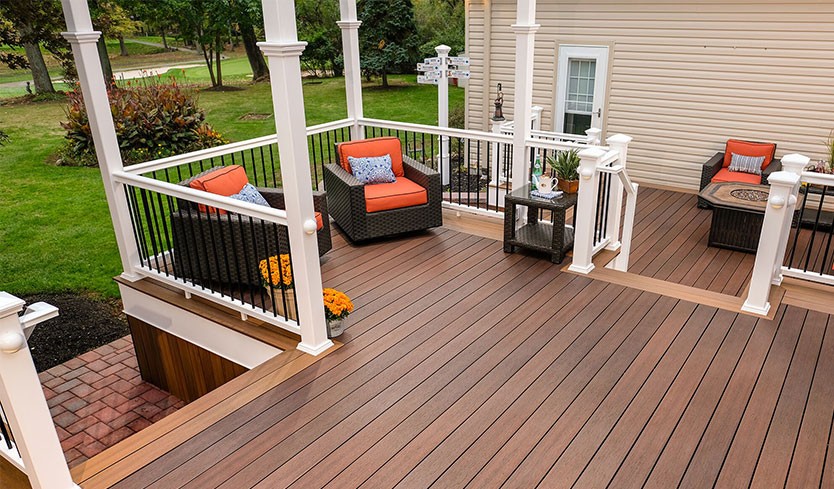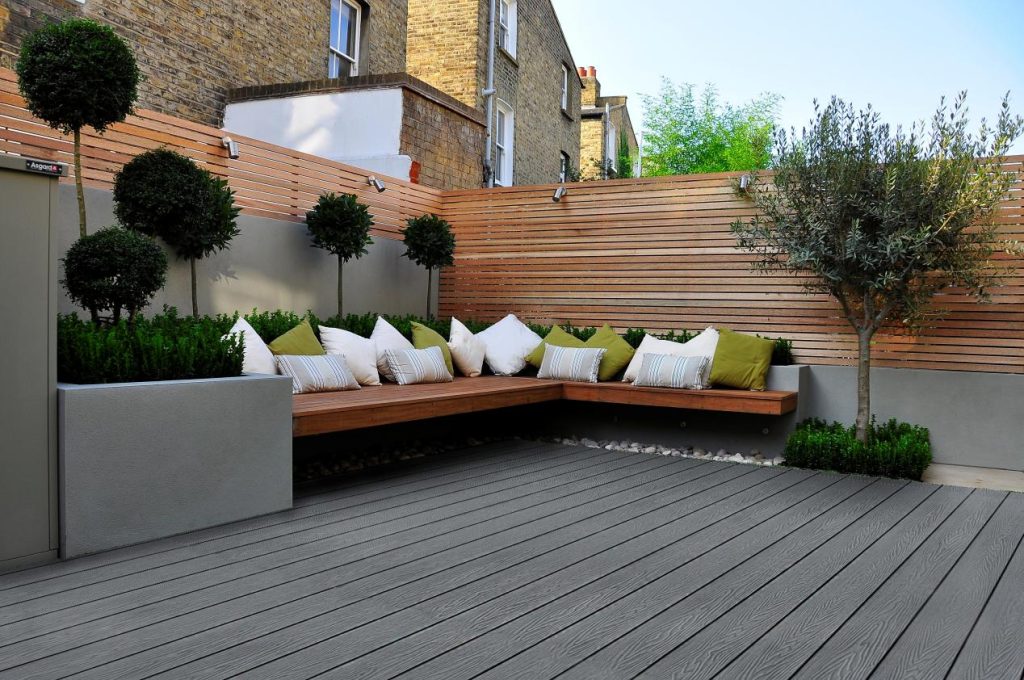WPC (Wood Plastic Composite) is a new type of environmentally friendly material that has been widely used around the world in recent years. It combines wood fiber and plastic materials, not only inheriting the natural beauty and texture of wood, but also having the durability and waterproofness of plastic. With the continuous promotion of environmental protection concepts and the growing demand in industries such as construction, furniture, and gardening, WPC materials have gradually become an ideal choice in many fields. In Central America, especially in Costa Rica, the use of WPC materials has also increased, becoming an important part of the local construction and home furnishing industries.
Table of Contents
Basic concepts and characteristics of WPC materials
WPC materials are mainly made of wood fibers and plastics (such as polyethylene, polypropylene, etc.) mixed and processed by special processes. Wood fibers can come from natural materials such as sawdust, bamboo fiber, straw, etc., while the plastic part is made of recycled plastic or new plastic. This material has the advantages of both wood and plastic:
- Strong environmental protection: The raw material source of WPC materials is mainly renewable resources, and the burden on the environment can be minimized during the production process.
- High durability: Compared with pure wood, WPC materials are less susceptible to moisture, insect pests, corrosion and other factors, and have a longer service life.
- Waterproof and moisture-proof: WPC materials have good waterproof properties and can be used for a long time in a humid environment without damage.
- Easy maintenance: WPC materials do not need to be regularly painted or preservatives like wood, and daily maintenance is simple.
- Diversity: WPC materials can be made into a variety of shapes and colors, and the appearance can simulate the texture of wood, or it can be designed and customized according to needs.

Development of WPC market in Costa Rica
As a developing country in Central America, Costa Rica has made significant progress in construction and infrastructure construction in recent years. With the improvement of environmental protection and sustainable development awareness, the application of WPC Costa Rica has gradually increased, especially in outdoor landscaping, building facades and furniture.
- Demand in the construction industry: Costa Rica is located in the tropics, with a humid and rainy climate. Traditional wood is prone to rot when exposed to a humid environment for a long time, which puts a lot of pressure on the maintenance of buildings. And WPC materials have become a popular choice in the construction industry with their excellent waterproof, moisture-proof and durability. For example, WPC materials are widely used in balconies, exterior wall decoration, wooden floors and other fields, greatly improving the service life and appearance of buildings.
- Demand for horticultural and outdoor products: Costa Rica’s horticultural and outdoor leisure industries have also promoted the use of WPC materials. Due to its waterproof and anti-corrosion properties, WPC is used to make products such as flower beds, outdoor furniture, fences and terrace floors. Especially in humid environments, WPC materials can maintain beauty and practicality for a long time.
- Application in the furniture industry: As people pay more attention to environmental protection and health, Costa Rica’s furniture market has also begun to turn to WPC materials. Compared with traditional wood, WPC produced by Hosung has stronger moisture resistance and wear resistance, and does not require special maintenance. Today, some modern furniture designs have been widely used in WPC materials, which are not only the same as wood in appearance, but also greatly reduce dependence on forest resources.
- Utilization of construction waste: Costa Rica has always been at the forefront of environmental protection. The popularization of WPC materials can not only effectively replace traditional wood, but also recycle plastic waste. In the process of promoting the circular economy, the Costa Rican government has supported the production and use of WPC materials, and promoted the rapid development of the WPC industry through policy guidance and technological innovation.
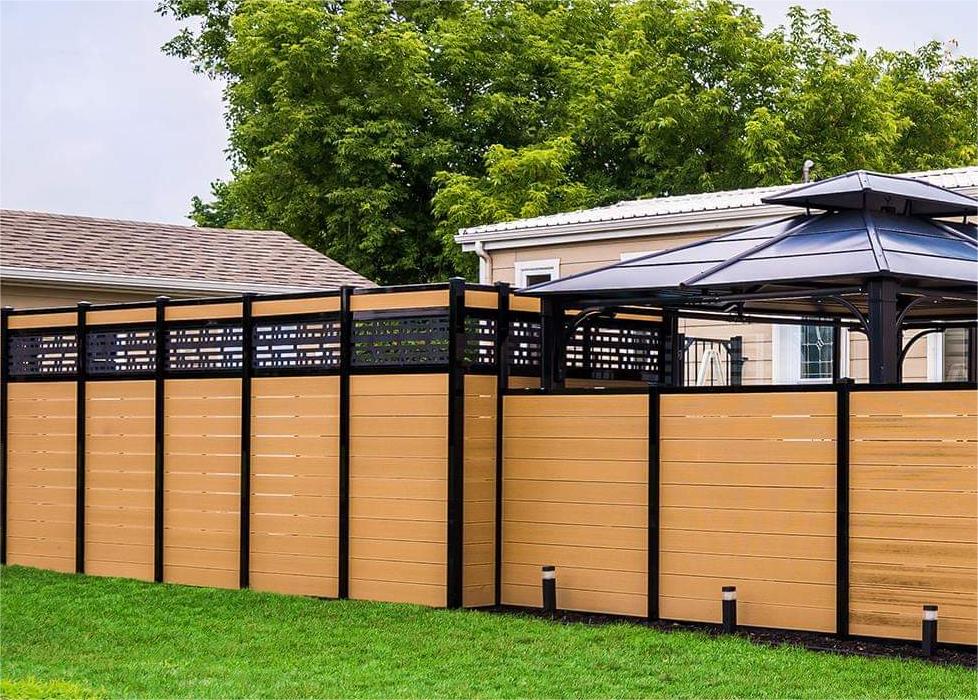
Advantages and Challenges of WPC Materials
The promotion and application of WPC materials in Costa Rica have shown many advantages, but also face some challenges.
Advantages:
- Energy saving and environmental protection: The raw materials of WPC materials can be derived from waste wood and plastic, which reduces the demand for natural resources and meets the goals of Costa Rica’s green development and sustainable development.
- Reduce maintenance costs: WPC materials are not easy to deform, crack or rot, so the maintenance cost is low during long-term use, and it is suitable for Costa Rica’s humid climate conditions.
- Improve building performance: WPC materials have good sound insulation and heat insulation effects, which can improve the energy efficiency of buildings.
Challenges:
- High initial investment: Although WPC materials have a long service life and low maintenance costs, their initial investment costs are high, and some small businesses may face financial pressure.
- Technical maturity issues: The production process and technical requirements of WPC materials are relatively high, and the production equipment and technology of some companies are not mature enough, which affects the quality and production efficiency of the materials.
- Insufficient market awareness: Although WPC materials have many advantages, people’s awareness of them is still low in some traditional industries, and more publicity and promotion are needed.
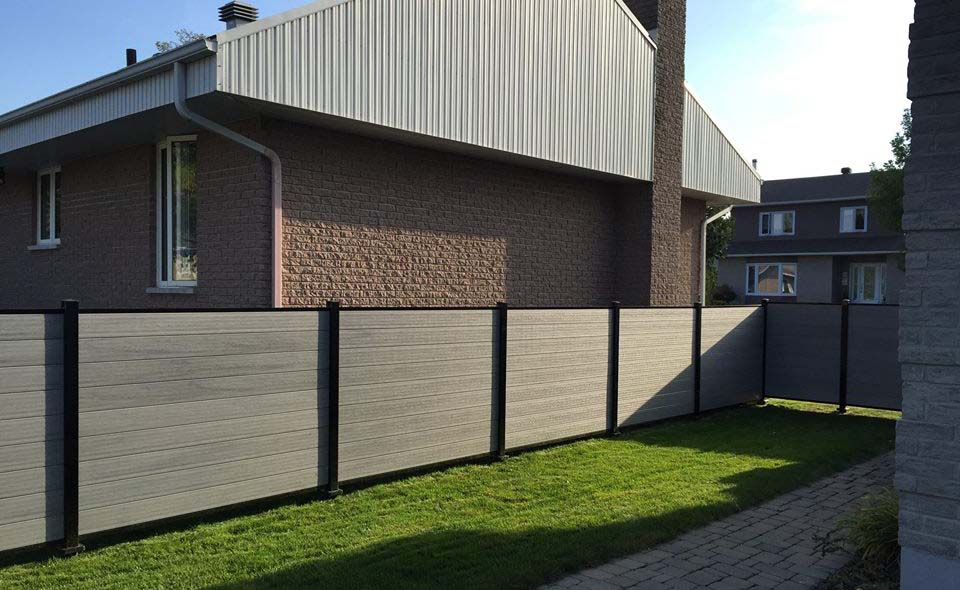
Development prospects of WPC Costa Rica Industry
With the rapid development of Costa Rica in many fields such as environmental protection, construction, and gardening, the demand for WPC materials will continue to grow. It is expected that in the next few years, WPC materials will gradually replace traditional wood and become one of the main materials in Costa Rica’s construction and home furnishing industries.
- Policy support: The Costa Rican government has gradually increased its support for environmentally friendly materials and introduced a series of preferential policies to encourage the research and development and application of WPC materials. For example, the government provides tax exemptions, technical subsidies and other policies to WPC manufacturers, which has promoted the development of the industry.
- Market demand growth: As people pay more attention to environmental protection and health, WPC materials will be more and more widely used in home furnishing, construction, gardening and other fields, and the market potential is huge. Especially in the fields of construction and public facilities, the market demand for WPC materials will continue to expand.
- Technological progress: With the continuous improvement of production processes and technological advances, the quality and performance of WPC materials will be further improved. At the same time, as the scale of production expands, production costs will gradually decrease, which will promote the popularization and application of WPC materials.
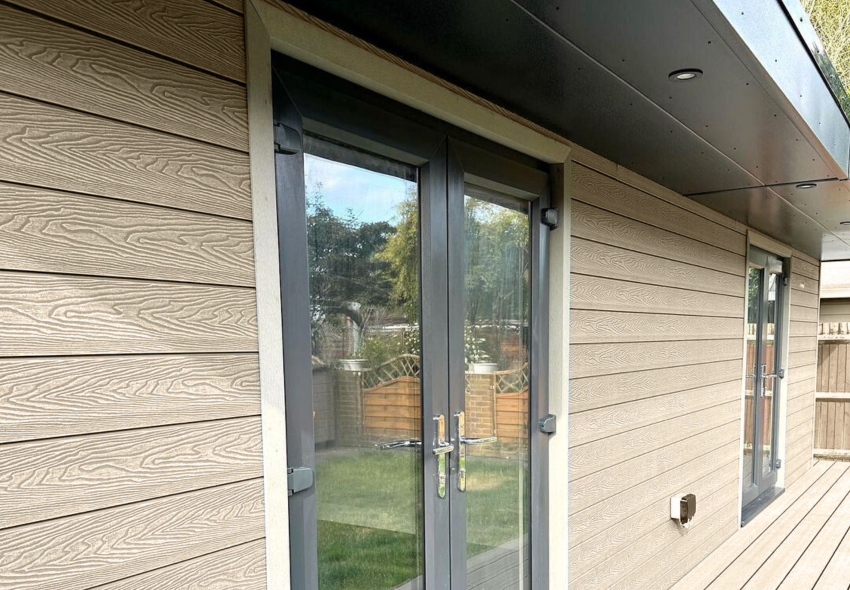
Conclusion
The development prospects of WPC materials in Costa Rica are very broad. With its advantages such as environmental protection, durability, and low maintenance costs, WPC materials will become an important choice for various industries in Costa Rica. In the future, with the advancement of technology and the support of policies, WPC materials will play an increasingly important role in Costa Rica’s construction, furniture, gardening and other fields, and promote the realization of the country’s sustainable development goals.


